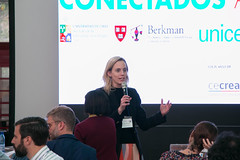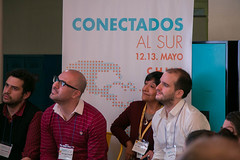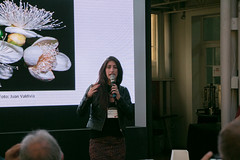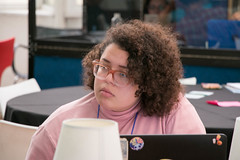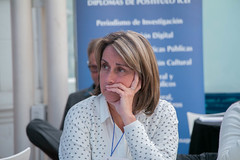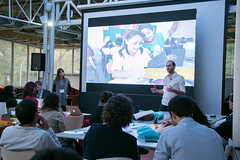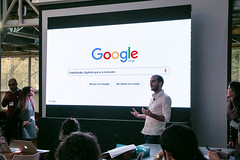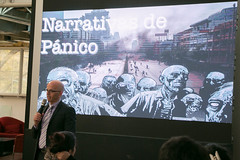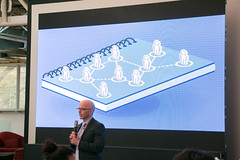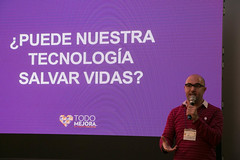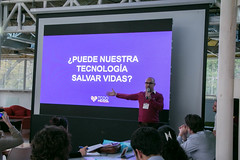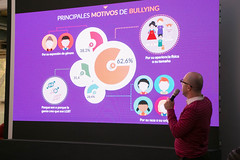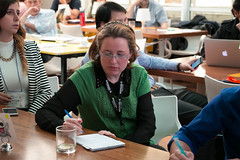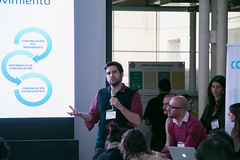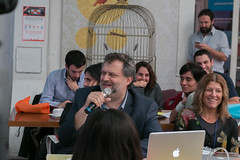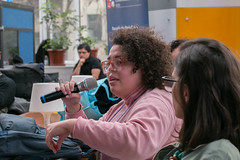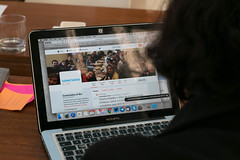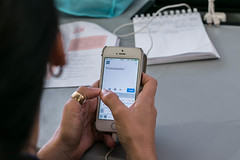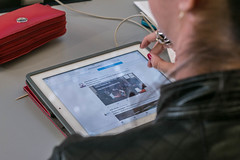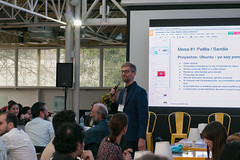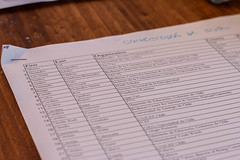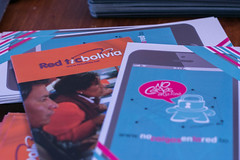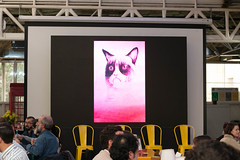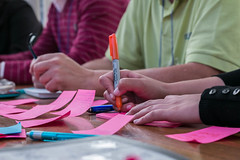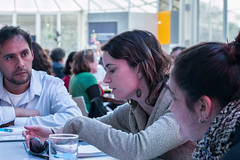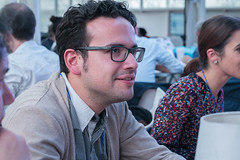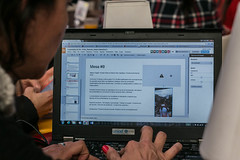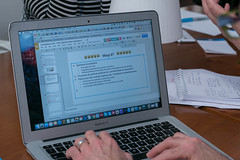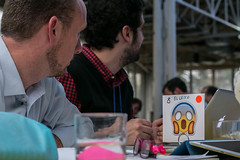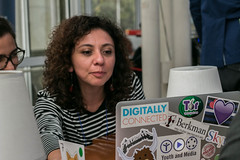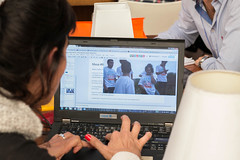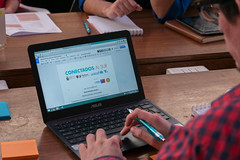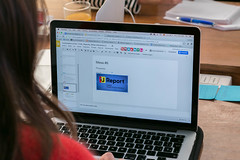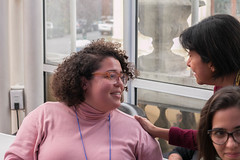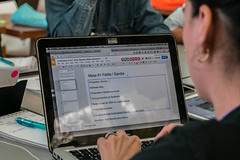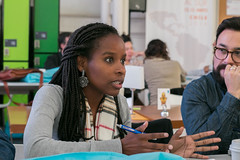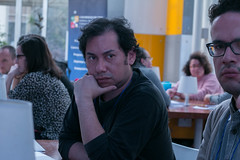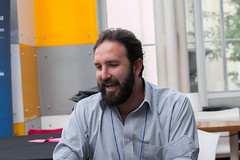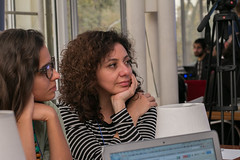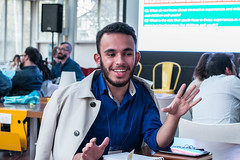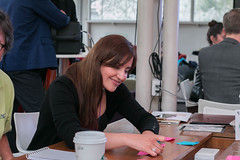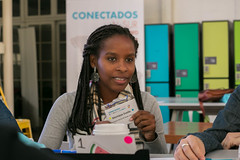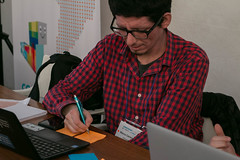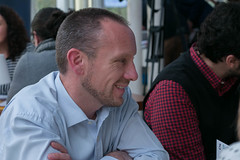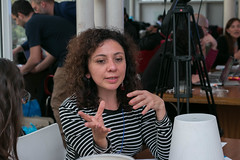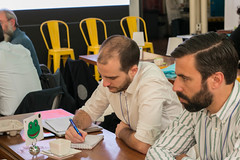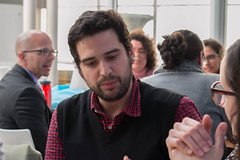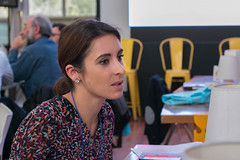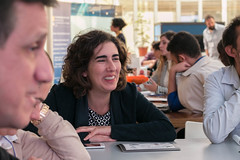The Youth and Media team has been working on an evolving collection of learning experiences that people (educators, parents, youth) can use to learn more about relevant areas of youth life associated with the digital world. These tools aim to empower you with knowledge about connected learning environments and other parts of the digital landscape so you can make the online choices that are right for you. If you are responsible for educating others, these tools will also support you as you teach, parent, or fill other valuable guidance roles. Our goal is to promote the co-creation of trustworthy and supportive digital spaces for all.
The learning experiences are licensed under a Creative Commons Attribution-ShareAlike 4.0 International (CC BY-SA 4.0) license. All learning experiences, as well as additional resources, are freely available on our Digital Literacy Resource Platform.
The primary goal has been to design learning experiences with the following characteristics:
- Modularity: Learning experiences can be deployed individually or strung together in a series depending on one’s needs and interests.
- Scalability: The majority of learning experiences are meant to last somewhat over one hour (including an assignment), though they can be adapted for both longer and shorter periods of time. Moreover, while most learning experiences are designed with a particular age range and skill level in mind, one of our key objectives is to tailor different versions of each learning experiences to specific audiences based on our initial testing and deployment.
- Adaptability: Learning experiences can be implemented in both formal and informal learning environments. We aim to create fun, engaging learning experiences for informal contexts such as summer camps and afterschool programs. However, given the importance of classroom instruction and our initial feedback from teachers, we are striving to design learning experiences for formal curricular purposes as well.
- Optimization: Individuals using the learning experiences are encouraged to tailor language and/or specific topics to the particular interests of the learner.
- Context: Each learning experience was originally developed in English. The translation of these learning experiences has allowed us to provide additional communities with resources in their native languages. A key mission, however, is to not only engage in textual translation but to ensure the framing of the learning experiences, as well as the examples that are given within them, are mindful of cultural differences and contexts. If you come across examples or framings that may benefit from improvement, please do not hesitate to reach out to us.
If you engage with our learning experiences, we would be delighted to get feedback from you. Are these tools helpful to you — why or why not? For what purpose(s) are you using them? Are there other areas of the digital world for which you’d like to see tools developed? Want to work with us to get those tools up and running? Please let us know at youthandmedia@cyber.law.harvard.edu.



